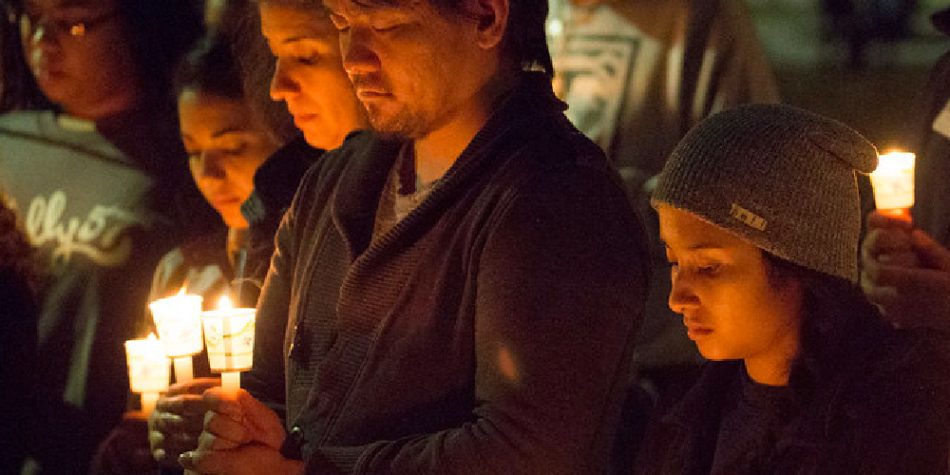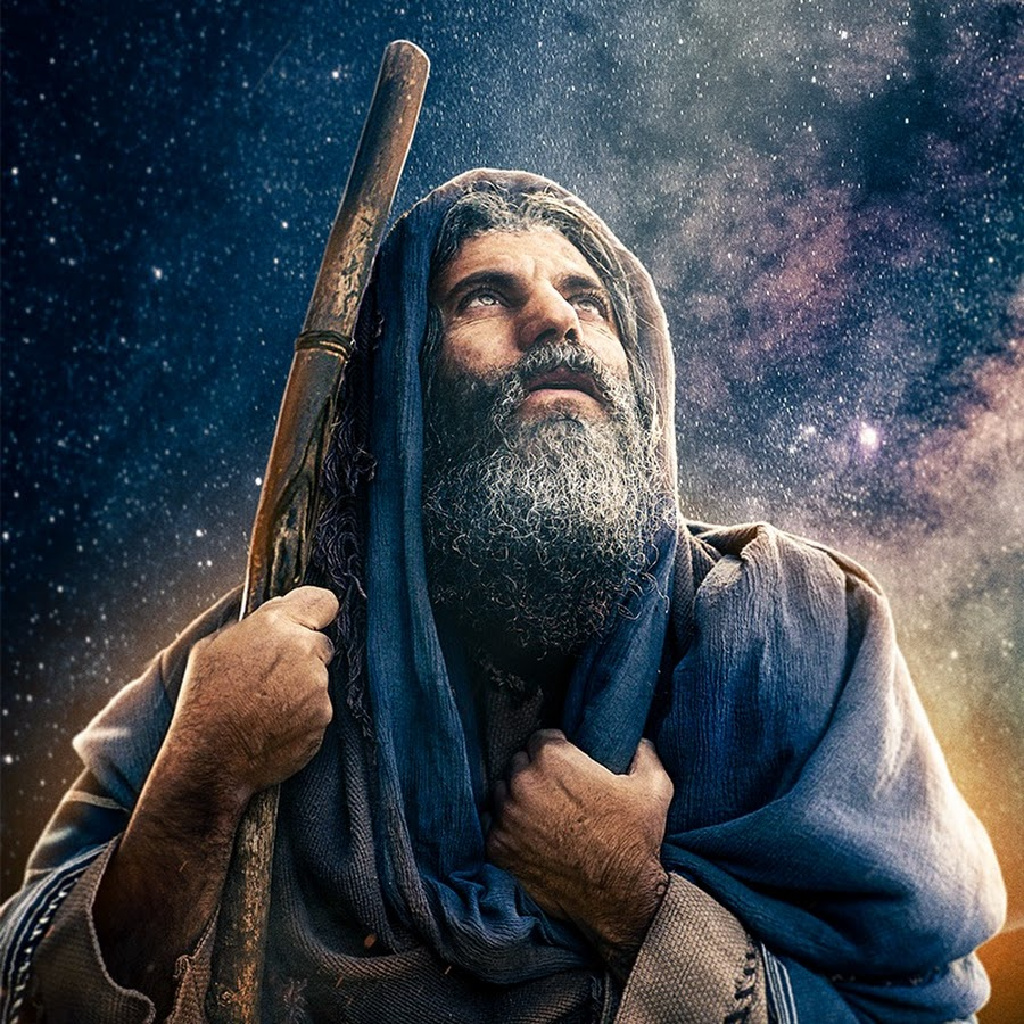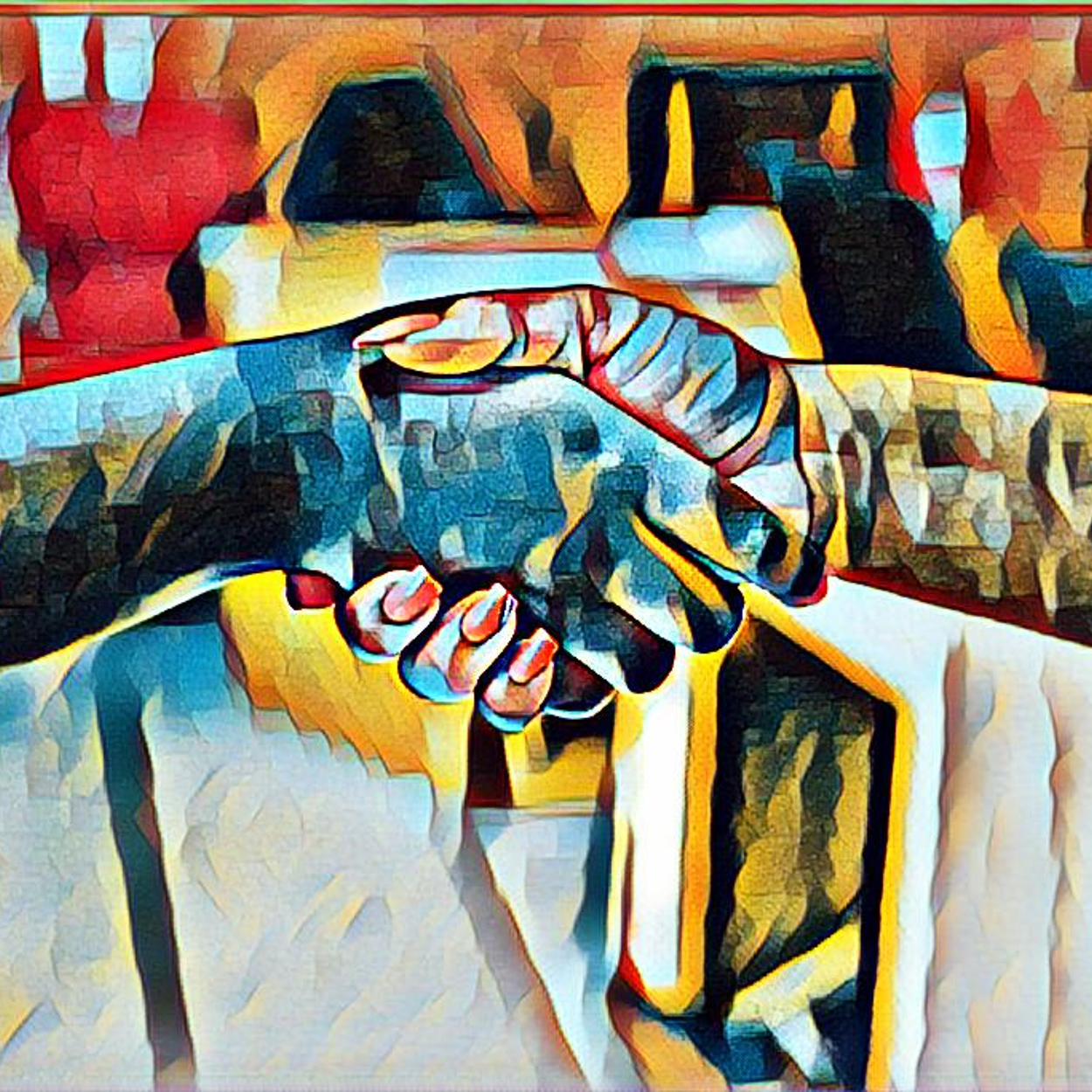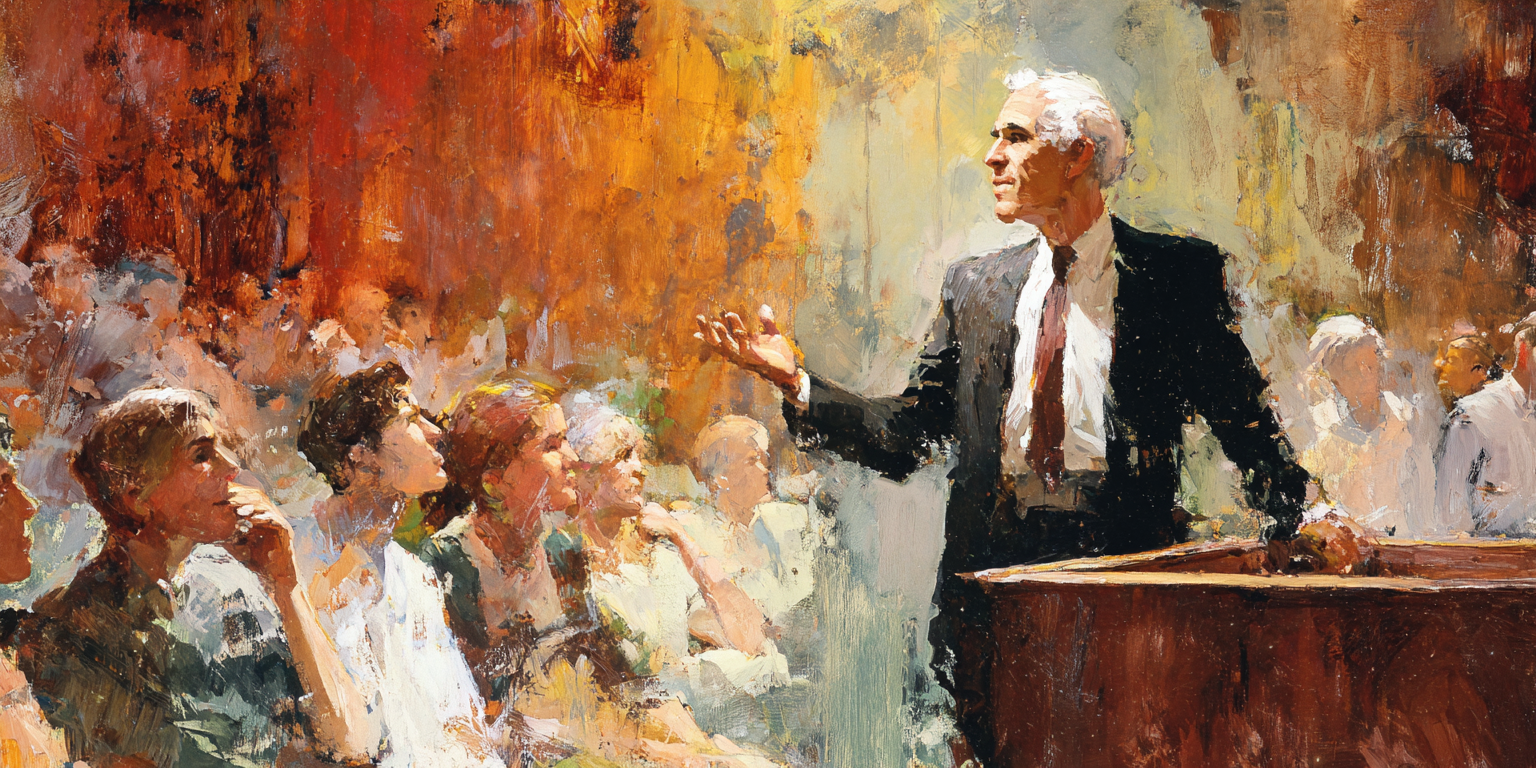We live in a world where the possibility of tragedy, injustice, and general woe always looms. Recently, an EF4 tornado struck a town in Mississippi, taking lives and property. Ukraine is still battling an invasion from Russia. It’s been over a year. People have been killed and displaced, and there is no end in sight. Then there are the 601 mass shootings that happened in the United States in 2022 and the roughly 150 mass shootings that have already occurred in 2023. The most tragic of these are the ones that happened at schools like Nashville and Uvalde. Both occurred recently, and both resulted in loss of life, including children.
When such things happen, those who believe in God may turn to prayer. If you believe in an all-powerful being, you most likely believe He can do something about your pain or sorrow. Many of us also sincerely pray for victims of a tragedy to be comforted, for aid to find them, and for peace to envelop their lives. Some describe this by saying, “We have so-and-so in our thoughts and prayers.”
Some are tired of that saying—expressing anger or frustration hearing, once again, that they or someone they love is in someone’s “thoughts and prayers.” They see those as vapid, meaningless, unhelpful statements. Russell M. Nelson, President of The Church of Jesus Christ of Latter-day Saints, suggested on the National Day of Prayer in May of 2022 that some “[view] it as perceived lack of action in the face of tragedy.” If that is the perception, if some have grown weary or even resentful, I can understand their anger. They hear our prayers but see no action. Prayer is especially powerful when it leads us to act.
In some of life’s tragedies, we feel nothing can be done. And sure, there’s nothing we could do to prevent a tornado or stop a foreign invasion. But that’s a limited, uninspired view. We can dig people out, bring them food, water, and medical supplies, find them secure shelter, and start the process of fundraising and rebuilding. And many of us did.
And we can give to verified charities that are taking aid to Ukrainians right now, speak out against human rights violations, and support legislation that supports Ukraine. And again, many Latter-day Saints have heeded these calls.
Unlike this active approach to prayer in the face of so many tragedies, when it comes to mass shootings, we often conclude there’s nothing we can do. But this is no less wrong than in response to tornadoes or invasions.
There are many reasonable approaches from those across the political spectrum to try and reduce mass shootings. The goal is not to choose one or the other but to choose some way to make a difference.
I would like to propose supporting legislation currently before Congress, H.R. 7910
This law would prohibit someone under the age of 21 from buying a gun and anyone from buying a gun for someone who can’t legally buy one. It would ban large-capacity magazines, bump stocks, and guns without serial numbers. And it would require background checks and secure storage for guns.
This legislation is narrowly focused on what Americans can agree on, and that will help solve the problem of mass shootings. More than three-quarters of Americans support raising the age to purchase a gun and support background checks—including 83% of gun owners.
And over 80% of those who engaged in school shootings stole guns from family members, meaning the storage provisions would narrowly focus on the specific problem at play.
This is not a culture war bill aimed at taking guns from responsible gun owners. It is a focused way to turn our prayers into action. Yet, any talk of any new legislation concerning firearms often raises immediate objections. I’d like to consider several of them.
This violates the second amendment. Reasonable people can disagree about where the limits of the second amendment should be. But too often, the debate on any firearm legislation is framed as “they want to take all our guns.” There is no such bill even proposed in Congress of this type. And this bill would not prevent any type of gun from being sold that is currently sold. In reference to the bump stock ban, this only prevents semi-automatic weapons from becoming machine guns, which have been illegal since the 1930s and for good reason.
Criminals don’t obey laws. In this reasoning, it is implied that gun legislation would disarm good guys and that bad guys, who don’t obey laws, would be the only ones left with guns. Well, besides our police officers, of course. First, we need to properly reevaluate the contribution of good guys with guns. Currently, the research on how well good guys with guns deter or prevent crime is “shaky at best.” There are some significant concerns over the numbers reported in reference to just how many times someone uses a gun in the name of self-defense, and there is considerable doubt about whether everyone really is in self-defense mode when they report they are. Some evidence shows us that “Most purported self-defense gun uses are [actually] gun uses in escalating arguments, and are both socially undesirable and illegal.” More to the point, if gun owners are a significant asset in defending us against bad guys, we’d have to also believe “that decent law-abiding citizens shot hundreds of thousands of criminals” each year. That simply isn’t happening. Regardless though, this counterargument once again alleges that this or any gun legislation threatens our ability to be and remain armed. I’ll repeat: There is no current gun legislation that seeks to disarm law-abiding citizens.
We need to focus on mental health. Totally agree. However, if someone is suffering from a mental illness and that illness contributes to a plan to kill others, that plan can’t go forward if they simply cannot get their hands on a gun. And “the reality is that people with mental illness account for a very small proportion of perpetrators of mass shootings in the U.S.” So yes, let’s focus on mental health, but not with the expectation that it will solve the problems we have with mass shootings.
This won’t stop all gun violence. This is all-or-nothing thinking. And it ultimately lacks compassion. It completely disrespects the value of a life. If we can merely reduce the number of mass shootings and reduce the number of lives taken, that is certainly better than the status quo. We can’t stop all fatalities from car accidents, but we still enforce the law of seat belts because it does reduce fatalities. And for the family who didn’t lose a loved one, that makes all the difference.
If we pass these laws, before you know it, they come for all of our guns. This is a classic slippery slope fallacy. While admittedly, some on the left have banning guns as a wish-list item, one of the benefits of the strong second amendment rights protected in D.C. v. Heller is that we can take reasonable precautions while feeling confident that the underlying rights won’t be taken away. It’s the same reason we can have defamation laws without worrying our free speech is under attack.
Firearm legislation doesn’t work. No doubt that the wording of some gun-related laws proposed in states has rendered them useless. However, with well-written and thoughtfully researched laws, they have found that “States with strong gun laws have lower rates of firearm homicide and firearm suicide.” Around the world, countries with more restrictive firearm legislation laws or with other incentive programs to reduce gun crimes see a fraction of the gun violence we do, specifically mass shootings. Japan, Australia, the UK, Norway, and New Zealand are all examples. Smart firearm measures can and do work. Interestingly, some of their policies are more about the culture of those countries and their attitudes toward the responsibility that comes with owning a deadly weapon. Smart firearm measures can and do work.
If we can create a law that doesn’t restrict the rights of responsible gun owners but does put up a ton of barriers for the “bad guys,” barriers that may mean a plan to kill is thwarted, then it makes sense to move forward with those measures. The objectives in H.R. 7910 do not revoke the right to bear arms. It rather articulates how to be nothing but responsible with our right to bear arms. The requirements put forth in H.R. 7910 would therefore make it harder for “bad guys” to do what they want, all without unduly restricting the good guys.
If we are going to be the most heavily armed nation in the world, we should be the leader in the smartest firearm policies the world has ever seen. And it makes the most sense for responsible gun owners, the ones who understand the power in their hands and respect it, to lead the charge in finding the smartest solutions to our rampant gun violence problem. The common sense solutions put forth in this law are precisely the kinds of precautions that responsible gun owners already take and should therefore want to promote and enforce.
So as we, through tearful eyes, watch news reports of yet another school shooting, it’s okay to be driven to your knees, to plead with your Father to comfort those in pain. But I also hope that your prayers lead you to inspired action. Doing so would be to accept President Nelson’s invitation to “consider how your thoughts and prayers can be a catalyst for God to inspire and direct you towards acts of kindness, compassion, and generosity.”
Should you feel inspired to act in terms of gun violence or firearm legislation, what action is there? Plenty, especially if you are a responsible gun owner. Push your leaders to pass smart firearm legislation, such as H.R. 7910. Do your research and help spread true and accurate information. Participate in productive, civil discussions to find solutions and reject divisive rhetoric that tells us we only have two options: oppression or the Wild West. Then, live the life of a responsible and enlightened American who is continually humbled by the power of their rights and the responsibilities that come with them. Maybe then, others who hear us say, “You’re in my thoughts and prayers,” will not be jaded but uplifted with a sure confidence that we are calling upon the omniscient Almighty and then listening intently to hear the action He wishes us to take. We are His hands, and He freely gives us the power to overcome whatever mortal trial, self-inflicted or not, that we encounter here.

















